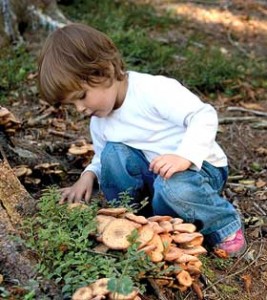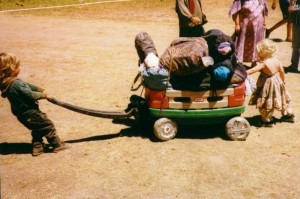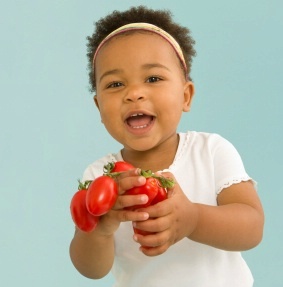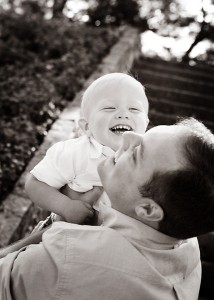 Ahh, the joys of the holidays, we get to travel far distances and celebrate with people we may or may not like very much, all in the name of family togetherness. Luckily for me, I adore pretty much everyone in my family, but I know that’s not the case for everyone. And even though I love my family, the stresses of traveling with a baby are not something I’m looking forward to.
Ahh, the joys of the holidays, we get to travel far distances and celebrate with people we may or may not like very much, all in the name of family togetherness. Luckily for me, I adore pretty much everyone in my family, but I know that’s not the case for everyone. And even though I love my family, the stresses of traveling with a baby are not something I’m looking forward to.
I’ve heard from my clients that the holidays are often more stressful than fun and tend to disrupt children’s routines and rhythms, making it difficult to get back into the groove once they return home. I’m not sure what there is to do about that except to try your best to stick to the routine as much as possible even when you’re in a different time zone.




